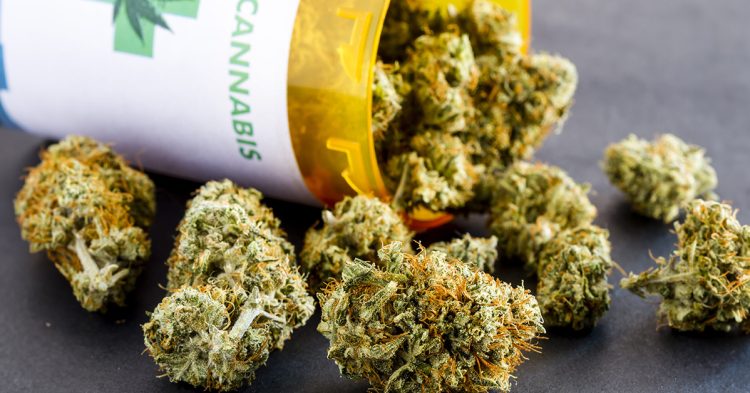Kentucky cannabis licenses are in high demand as the deadline approaches, with over 1,000 applications submitted so far. Initially, only 28 license applications were received in July, but this week alone saw more than 700 submissions.
The Kentucky Office of Medical Cannabis is processing these applications, which are for licenses to operate as medical marijuana dispensaries, cultivators, processors, or safety compliance facilities. The final count of applications is expected to rise significantly before the submission window closes at midnight on Saturday.
Dispensaries licensed to sell cannabis products to qualified patients will begin operations on January 1 next year. The state plans to award licenses in October through a lottery system.
The majority of applications, 860 as of Wednesday, are for dispensary licenses. Kentucky will grant up to 48 dispensary licenses, with each of the state’s 11 regions guaranteed at least four licenses.
Jefferson and Fayette counties have received the most applications, each set to have two dispensary licensees, while no other county will have more than one.
The Bluegrass region, including Fayette County, leads with 178 dispensary applications, while the Mountain region has the fewest, with just 13 submitted.
Additionally, 151 applications have been submitted for cultivation licenses, categorized into three tiers based on the indoor growing area. State regulations cap the number of licenses at 10 for Tier 1, 4 for Tier 2, and 2 for Tier 3.
Hopkins County has received the most cultivator applications, with 22. Notably, state law prohibits outdoor cultivation of marijuana.
There are also 58 applications for processor licenses, which permit businesses to prepare cannabis products for sale. A maximum of 10 processor licenses will be issued.
Three applications for safety compliance facility licenses have been submitted, with no limit on the number of such licenses.
Local governments in Kentucky can ban medical cannabis businesses by passing ordinances or through ballot referendums. Currently, about 12% of the state’s population lives in areas where these businesses are banned, and another 29% could face restrictions after November’s referendums.
State law restricts medical cannabis businesses from operating within 1,000 feet of schools or daycares, though local governments may impose stricter zoning regulations.
Applicants must submit an application fee and demonstrate sufficient capital for each license. Dispensary and processor applicants are required to show $150,000 in capital and pay a $5,000 application fee. Cultivator fees vary by tier, with Tier 3 requiring up to $500,000 in capital and a $20,000 fee.
If all 1,076 applicants paid the required fees, the state would collect over $6 million, with additional fees due from those who are awarded licenses after the October lottery.









